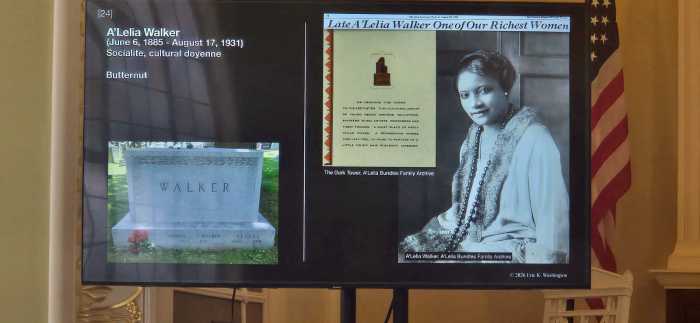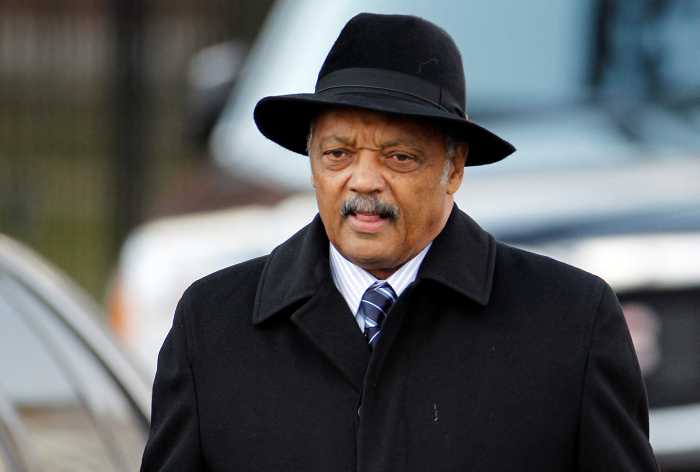The Supreme Court has announced it will review a ruling striking down the US government’s policy of conditioning funding under the US Leadership Against HIV/ AIDS, Tuberculosis and Malaria Act of 2003 on non-profit recipients stating an explicit policy opposing prostitution and sex trafficking and taking no actions inconsistent with that.
On January 11, the high court accepted a petition for review of a Second Circuit Court of Appeals decision that held the policy probably violated the First Amendment rights of the plaintiffs. The suit was brought by the Alliance for an Open Society International against the US Agency for International Development.
Conflicting rulings on requirement that agencies denounce prostitution at issue
The Second Circuit panel, by a vote of 2-1, upheld a preliminary injunction that the district court issued against enforcement of the policy pending a full trial on the merits.
That ruling arguably conflicts with a DC Circuit ruling rejecting a First Amendment challenge to the policy. The circuit split on the constitutionality of a federal statute has now captured the Supreme Court’s attention.
At the heart of the case is the complicated doctrine of “unconstitutional conditions” that the Supreme Court has developed through a series of cases involving restrictions placed by Congress on the recipients of federal funds. Perhaps the most notorious of these cases is the 1991 Rust v. Sullivan ruling, which rejected a constitutional challenge to the requirement that federal family planning money not be “used in programs where abortion is a method of family planning.” Projects receiving federal funds were prohibited from providing abortion counseling or referrals or engaging in any activities that would encourage, promote, or advocate abortion.
The Supreme Court rejected the argument that this was unconstitutionally compelled speech, pointing out that the law authorized federal funding recipients to establish separate organizations that would not receive federal money and could undertake abortion-related activities. The high court also noted that funding recipients were not required to articulate an anti-abortion message, but merely to remain silent about abortion if they wanted federal money. The court’s explanation was that Congress could dictate the content of speech that it was paying for as part of a federally funded family planning program.
The majority of the Second Circuit panel, Judges Barrington Parker and Rosemary Pooler, distinguished the Rust abortion holding and similar rulings by the Supreme Court and other Second Circuit panels from the HIV restriction case, primarily because the statute challenged here goes beyond requiring silence and neutrality, instead conditioning federal money on the recipient agency articulating the government’s position as if it were its own position.
Dissenting Circuit Judge Chester Straub rejected this distinction, arguing that this case was controlled by Rust and similar rulings, and that the government was entitled to control the speech of HIV-prevention organizations that operated with federal financial assistance.
When the case was pending before the district court, the government argued the plaintiffs did not have standing because they had failed to take an alternative course offered by regulations — to set up separate affiliated organizations with non-governmental funds to undertake efforts to engage prostitutes in HIV-prevention measures without being compromised in those efforts by having to articulate policy positions hostile to prostitution.
The Second Circuit panel majority pointed out that this “affiliated organization” device for avoiding the restriction did not save the statute from constitutional challenge, because it went too far in requiring funding recipients to adopt an express policy position with which they may disagree.
“Furthermore,” the court said, “the targeted speech, concerning prostitution in the context of the international HIV/ AIDS prevention effort, is a subject of international debate. The right to communicate freely on such matters of public concern lies at the heart of the First Amendment. The Policy Requirement offends that principle, mandating that Plaintiffs affirmatively espouse the government’s position on a contested public issue where the differences are both real and substantive. For example, the World Health Organization (“WHO”) and the Joint United Nations Programme on HIV/AIDS (“UNAIDS”) have recognized advocating for the reduction of penalties for prostitution — to prevent such penalties from interfering with outreach efforts — as among the best practices for HIV/ AIDS prevention. Plaintiffs claim that being forced to declare their opposition to prostitution ‘harms their credibility and integrity.”
The panel noted that the policy required of funding recipients would likely offend “the very people, prostitutes, ‘whose trust they must earn to stop the spread of HIV/AIDS,’” in the words of the plaintiffs.”
The plaintiffs are represented by the Brennan Center for Justice and attorneys at Wilmer Cutler Pickering Hale & Dorr PC. Their lawsuit attracted amicus briefs from a large group of public health and human rights organizations.
































